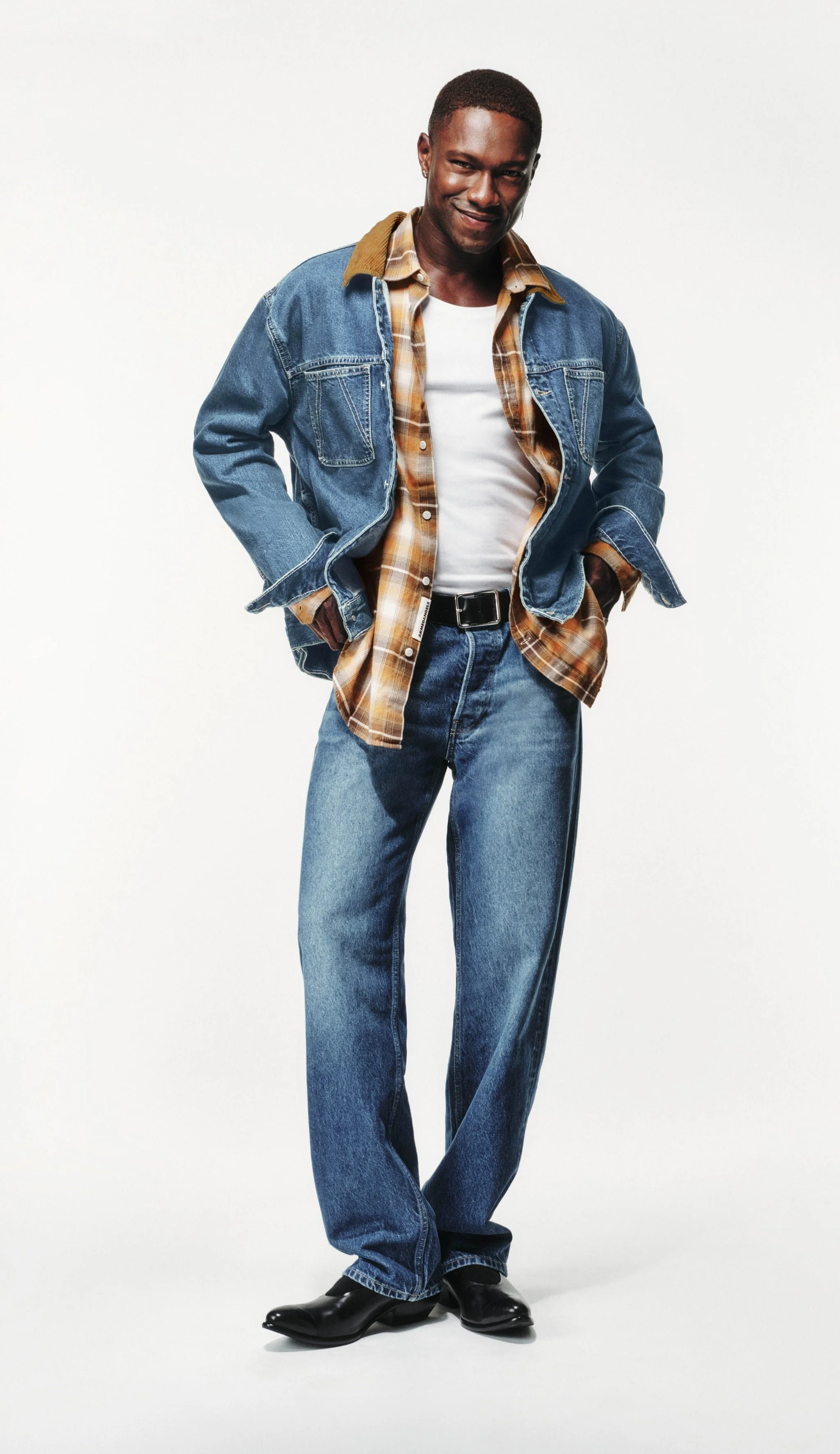5 Brands using Traceability
By Ola Yehia
As fashion products go through multiple complex processes, Year by year, the fashion industry continues to threaten the environment and future generations. For years brands have ignored environmental damage while focusing on profits. Traceability allows customers to review the environmental footprint of each product. Traceability is a form of data communication from brands to customers, that explains in detail where products originate. Through traceability, data such as materials, sourcing, carbon emission, water usage, processing, and labor conditions becomes verifiable by the consumer.
Here is a guide to integrity-driven brands that are trustworthy. These brands use traceability to connect customers directly to the origin of their products, where supply chain transparency safeguards the well-being of future generations. They offer unlocked supply chains, transparent manufacturing processes, annual environmental footprint reports, and even cost breakdowns. They also provide repair and resale services. Such efforts to reduce the fashion industry’s footprint deserves customer loyalty. Embrace pieces that carry their own story of creation and wear outfits that offer not only aesthetic beauty but also emotional value.
Arket - Sweden
Photo: Arket
Arket launched in 2017, influenced by the Nordic modernist movement. Focused on durability and sustainability, embracing longevity, functionality, and purpose. designs that keep its iconic beauty within the changing trends. Products that stay in function for many years.
Shares detailed supply chain information for each product.
Annual updates on fibre distribution revealed 55% cotton, 15% wool, 10% synthetic fibre, 9% cortical fiber, 6% other, 4% cellulose fibre, and 0.9% skin for 2024.
Shares detailed information about fibres and their production process.
Recycle cotton, linen, cashmere, wool, polyester, and polyamide.
Traceability of the recycling process, as well as verifying it by third-party organisations.
Specialised product care guidelines boost durability.
Asket - Sweden
Photo: Asket
Asket was founded in 2015. Dedicated to creating garments that stand. the test of time. Letting go of excessiveness while focusing on mindful consumption. Asket invests in values like renewable materials, supply chain traceability, and impact reports.
Sources natural, biodegradable and renewable fibres from traced farms and mills.
Reveals for each product supply chain, manufacturers, costs list, used fibres, and their certification. There are sections for CO2, water, and energy as well.
Reports environmental footprint regularly.
Shares detailed information about fibres consumed by the brand, their country of origin, and certifications for each.
Sources synthetic fibres only for reinforcement.
Uses RWS-certified and mulesing-free merino wool. And Italian GRS-certified recycled cashmere and recycled wool.
Offer repairs & take-back services, as well as shipment of spare parts.
Ask Scandinavia - Finland
Photo: Ask Scandinavia
Ask Scandinavia, founded in 2017, aims to the creation of planet-kind alternative products. Ask Scandinavia relies on low-impact materials, vegan materials, and Econyl, a regenerated yarn from nylon waste.
Uses radical transparency powered by tree, where product data is permanent and stored in blockchain.
Uses scannable DPP (digital product passport), storing data on material, production, care instructions, and reuse pathways.
Provides a scannable QR code for consumers to track the product's life cycle and origin.
Manufactured at small-scale family-run factories in Italy, Finland, and Hungary.
Offers renting services for occasion wear.
Armedangels - Germany
Photo: Armedangels
Armedangels was founded in 2007, targeting the challenge of fashion to be stylish and responsible at the same time. Armedangles is in the fashion playground with actions and reports instead of goals. Certified by fair wear, global recycled standards, and the organic textile standard.
Uses radical transparency, reporting out their full supply chain, origin of fibres, and manufacturing companies.
Circular design through resale option, repair services, and care guidance.
Standards verified by independent partners who check materials, process, and human rights.
Offers plastic-free products section.
Publishes impact reports yearly.
Twinset - Italy
Photo: Twinset
Twinset is a high-end Italian brand established in Capri in 1987. Despite the profit-focused and growth strategies that shaped the brand, Twinset is taking clear actions to regulate its standards.
Provides detailed information about each product.
Partnered with TrusTrace since 2024.
In partnership with Peftrust, measuring the environmental impact of each product by LCA (life-cycle assessment), to calculate PEF (product environmental footprint).
preparing DDP (digital product passport) as a goal of their 3-year traceability plan.






